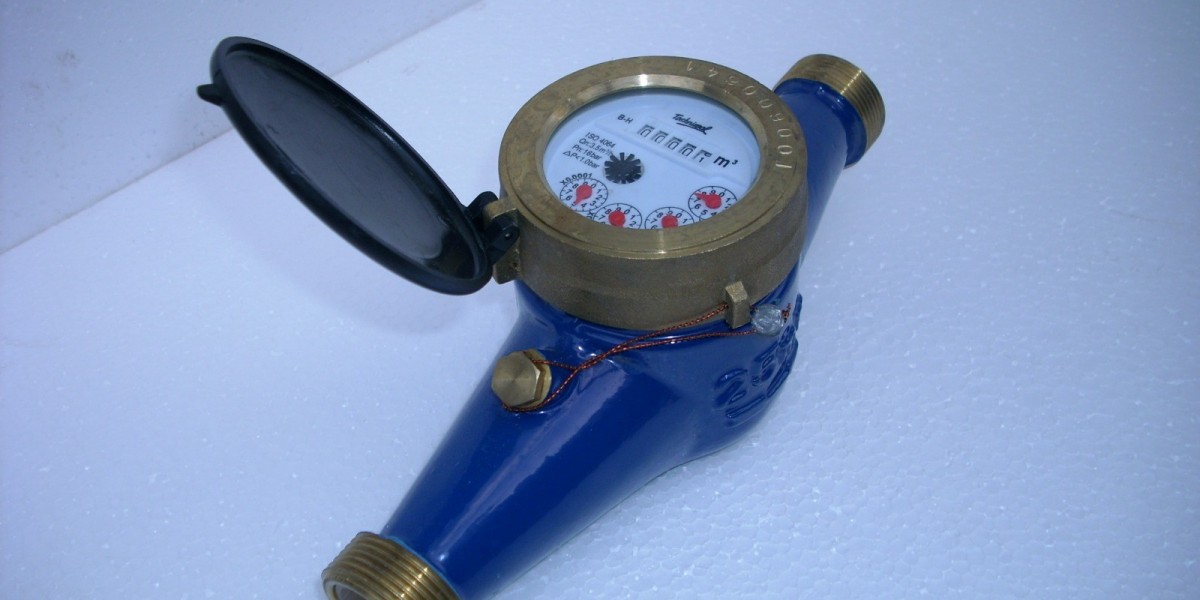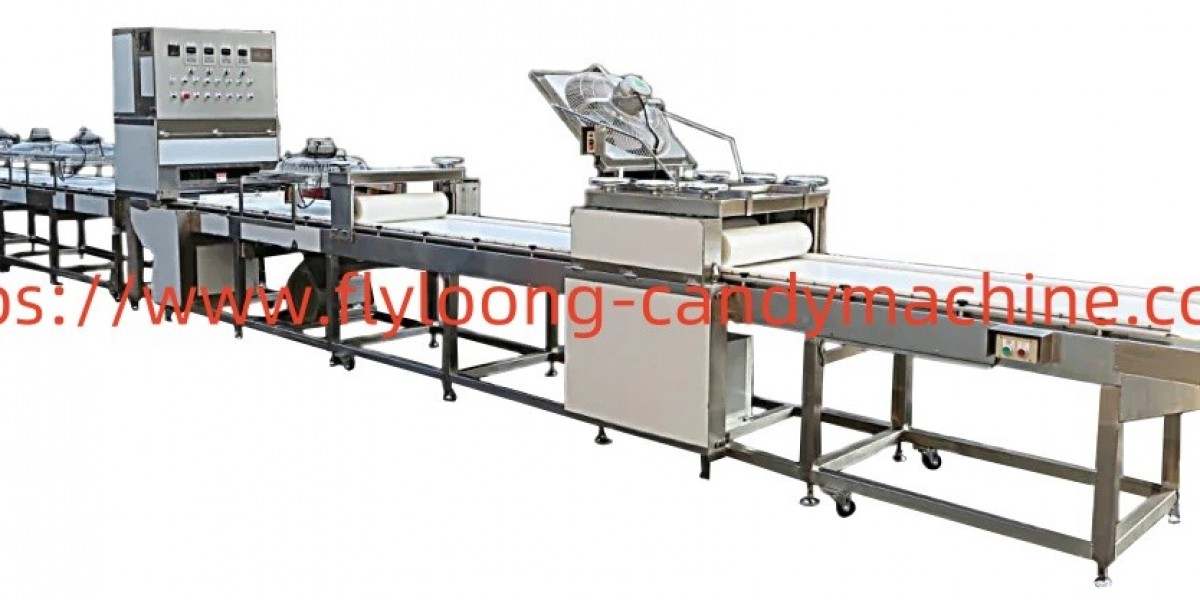In industries where precision is critical, flow meters play a crucial role in ensuring that the flow of liquids, gases, and other substances is measured accurately. Whether it's for maintaining process efficiency, ensuring product quality, or meeting regulatory standards, the accuracy of flow meters is essential. Flow meter manufacturers are responsible for designing and producing meters that can deliver the highest level of precision under various operational conditions.
The Need for Precision in Fluid Measurement
Precise fluid measurement is crucial in industries such as chemical processing, pharmaceuticals, water treatment, and food production. Accurate flow measurement allows for consistent production, helps optimize resource use, and ensures that processes remain safe and efficient. Any deviation in fluid flow measurement could result in production errors, regulatory violations, and increased costs. This is why flow meter manufacturers prioritize precision when designing and manufacturing these devices.
Key Factors Affecting Precision
Several factors can influence the accuracy and precision of flow meters. Flow meter manufacturers need to take these variables into account during the design, production, and calibration stages. Some of these factors include:
Type of Fluid
The nature of the fluid being measured can significantly affect the precision of the flow meter. Viscosity, density, temperature, and even the presence of particulates can all influence the accuracy of measurements. For example, measuring highly viscous fluids like oil or syrup requires different types of flow meters than measuring clean water or air.Flow Profile
The flow profile, or the way the fluid moves through the pipe, can impact the precision of flow measurements. Turbulent flows, for instance, can lead to inaccuracies if not properly accounted for. Manufacturers must ensure their meters are capable of accurately measuring fluid flow under various conditions, whether laminar or turbulent.Pressure and Temperature Variations
Pressure and temperature fluctuations can also affect the precision of flow measurements. Flow meters need to be designed to operate within certain pressure and temperature ranges. Manufacturers must ensure that the meters remain accurate even when these parameters fluctuate in real-world conditions.Installation and Maintenance
The installation and ongoing maintenance of flow meters also impact their accuracy. Even the best-designed flow meter can lose precision if not installed correctly or maintained properly. Regular calibration, cleaning, and inspection are essential to maintaining the meter's performance.
How Flow Meter Manufacturers Achieve Precision
Flow meter manufacturers take several steps to ensure that their products provide precise measurements. Here’s how they achieve high levels of accuracy:
High-Quality Materials
The choice of materials used in the construction of flow meters is crucial for maintaining precision. Manufacturers select materials that can withstand the operational environment, whether it’s high-pressure, high-temperature, or corrosive conditions. Durable materials help prevent wear and tear that can lead to measurement inaccuracies over time.Advanced Technology and Sensors
Modern flow meters often incorporate advanced technologies such as electromagnetic, ultrasonic, or Coriolis-based sensors. These sensors are highly sensitive and provide accurate measurements by detecting even the smallest changes in flow rates. Manufacturers invest in the latest sensor technology to enhance the precision of their meters.Calibration and Testing
One of the key steps in ensuring precision is thorough calibration. Flow meter manufacturers conduct rigorous testing and calibration processes to guarantee that their products deliver accurate results. This includes testing the meters in various conditions and comparing the measurements against known standards to ensure their reliability.Customization for Specific Applications
Different industries and applications have varying needs when it comes to flow measurement. Flow meter manufacturers often provide customized solutions to meet these needs. By tailoring their products to the specific requirements of a process—whether it’s a high-viscosity fluid or a highly sensitive environment—manufacturers can ensure that their flow meters deliver precise measurements.Integration with Digital Systems
Many flow meters today are integrated with digital systems that provide real-time data monitoring and analysis. These systems allow for precise monitoring of fluid flow and offer features such as automatic calibration and remote diagnostics. Manufacturers design their meters with digital integration in mind to improve overall accuracy and ease of use.
Quality Control in Flow Meter Manufacturing
To maintain precision across all of their products, flow meter manufacturers implement stringent quality control procedures. This includes:
Rigorous Testing: Each flow meter undergoes a series of tests to verify its performance. This may involve simulating real-world operating conditions to ensure that the meter performs accurately under various scenarios.
Calibration Checks: Flow meters are calibrated against known standards to ensure that they meet the required specifications. Regular checks are performed to ensure the consistency of calibration across all units.
Post-Manufacturing Inspections: After production, flow meters are inspected to ensure they meet quality standards. Any meters that fail the inspection are reworked or discarded.
The Role of Precision in Operational Efficiency
For industries that rely on fluid flow measurement, precision directly impacts operational efficiency. Accurate flow measurement helps to:
Optimize Resource Usage: By accurately tracking the flow of liquids or gases, industries can minimize waste and optimize the use of resources.
Enhance Safety: Precise flow measurement ensures that critical processes operate within safe limits, preventing potential accidents or hazardous situations.
Improve Cost Efficiency: With precise measurement, businesses can reduce the likelihood of errors, minimize waste, and avoid expensive penalties for regulatory non-compliance.
Conclusion
Flow Meter Manufacturer plays a key role in ensuring that industries have access to precision flow measurement tools that are vital for operational success. By using high-quality materials, advanced technologies, and rigorous testing procedures, manufacturers ensure that their products provide accurate measurements under a wide range of conditions. The precision of flow meters directly impacts the efficiency, safety, and cost-effectiveness of industrial processes, making the role of flow meter manufacturers essential to modern industry.








